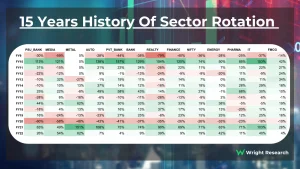
Before you invest any money, it is important to understand what forex means. Forex is a global market for trading in foreign currencies. Currently, the largest currency market in the world is the Forex. Learning what forex means can help you determine whether it is right for you. Here’s a closer look at forex. Ultimately, forex is a way to invest in the world’s most valuable currency. Learn more about forex by reading the following articles.
A common example of forex is when Apple deals with HSBC and reports in dollars. It also reports to the BOA in euros. When they make a profit, they transfer the money to the BOA account, which is where the Apple money is stored. The two currencies are linked by supply and demand, and a currency’s value rises as the demand increases and the price falls. Similarly, the dollar rises when central banks raise interest rates.
The forex market is the largest in the world, and it involves buying and selling currencies of different countries. While the majority of activity in this market is driven by major international banks, smaller traders use it to benefit from the price variations between currencies. Traders invest in the currency of a particular country and hope it will increase in value relative to that currency. Trading currencies has become extremely convenient over the years, with the ability to purchase and sell currency with a click of a mouse.
The foreign exchange market is unique. Its trading volume exceeds that of the stock and bond markets combined. In fact, in April 2019, the global forex market had an average trading volume of $6.6 trillion per day. The Bank for International Settlements, or BIS, owns the currency exchange market, and works under the monetary and financial responsibility of 63 central banks. The biggest trading centers are London, New York, Singapore, Hong Kong, and Hong Kong.
Before investing in the foreign currency market, learn the ins and outs of the market. First, identify trends and economic cycles, then develop an investment strategy based on that information. Fundamental analysis examines future expectations, the supply and demand of a country’s national currency, and the country’s foreign trade and geopolitical developments. Technical analysis focuses on price formations and technical indicators. In the forex market, you must understand how these factors affect currency exchange rates and how to make the most money in forex trading.
Correlations can be helpful for trading, since they help you control risk. For example, EUR/USD and GBP/USD move in the same direction. In contrast, USD/CHF moves opposite to each other. This correlation helps you identify trades you might not have otherwise made. When comparing currencies, you should remember that there are a lot of variables and correlations to keep in mind when analyzing your trades.








